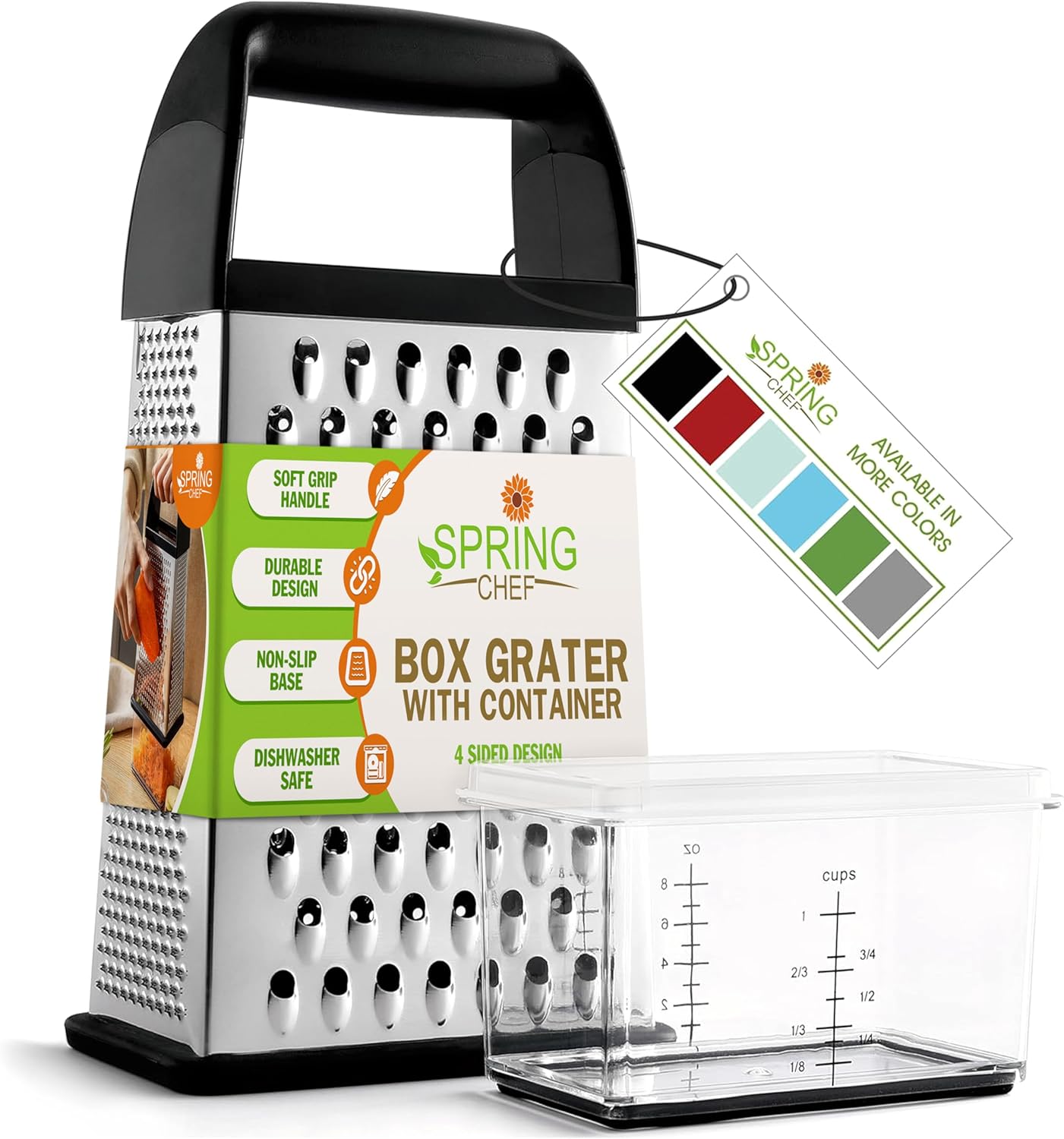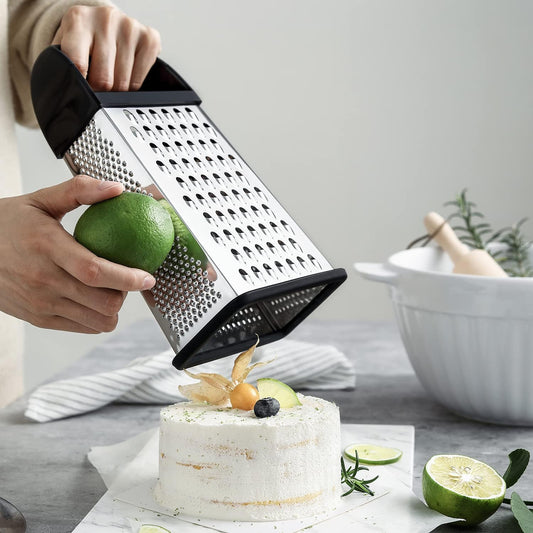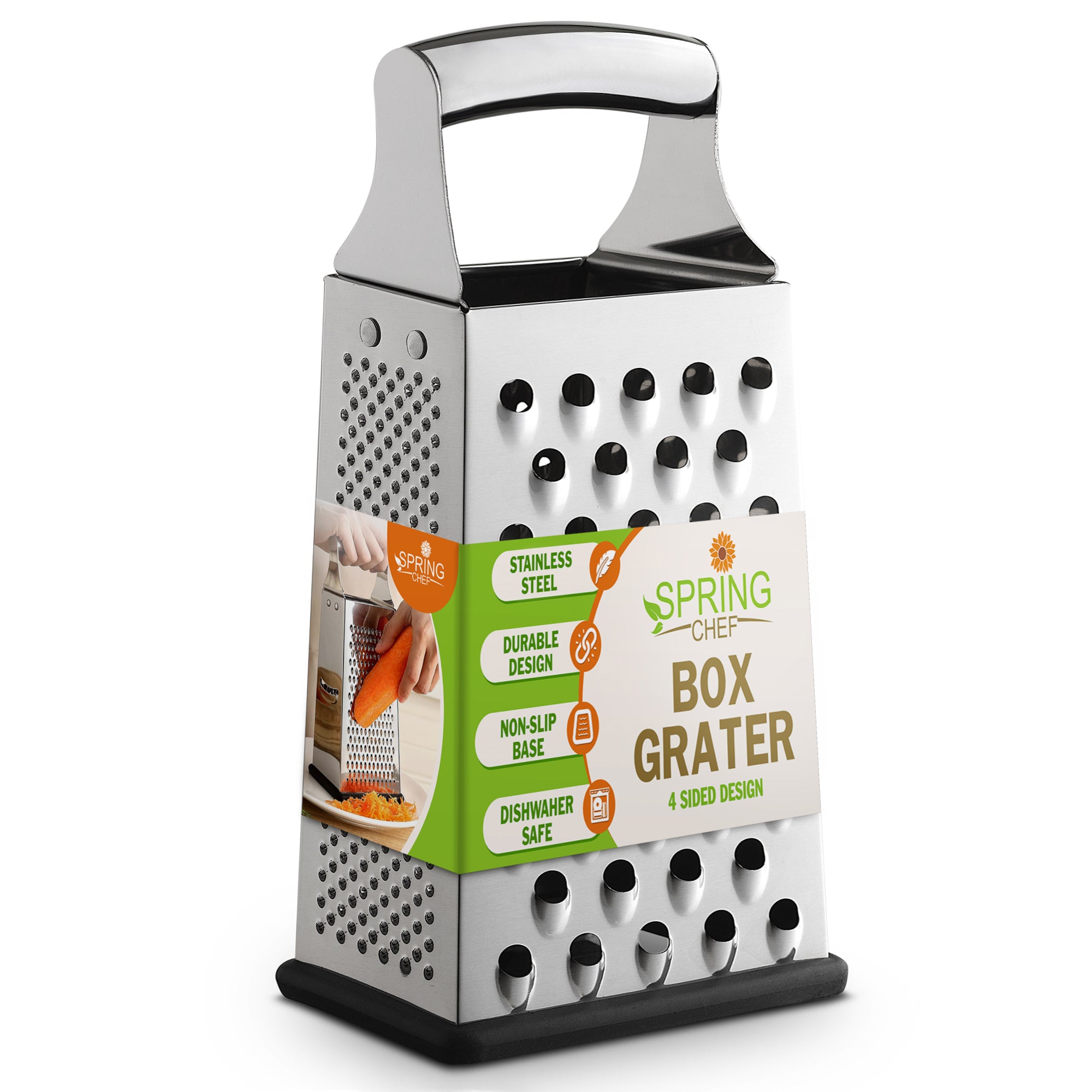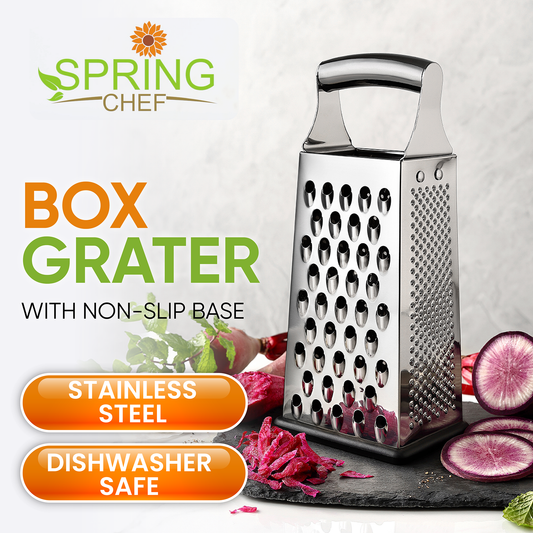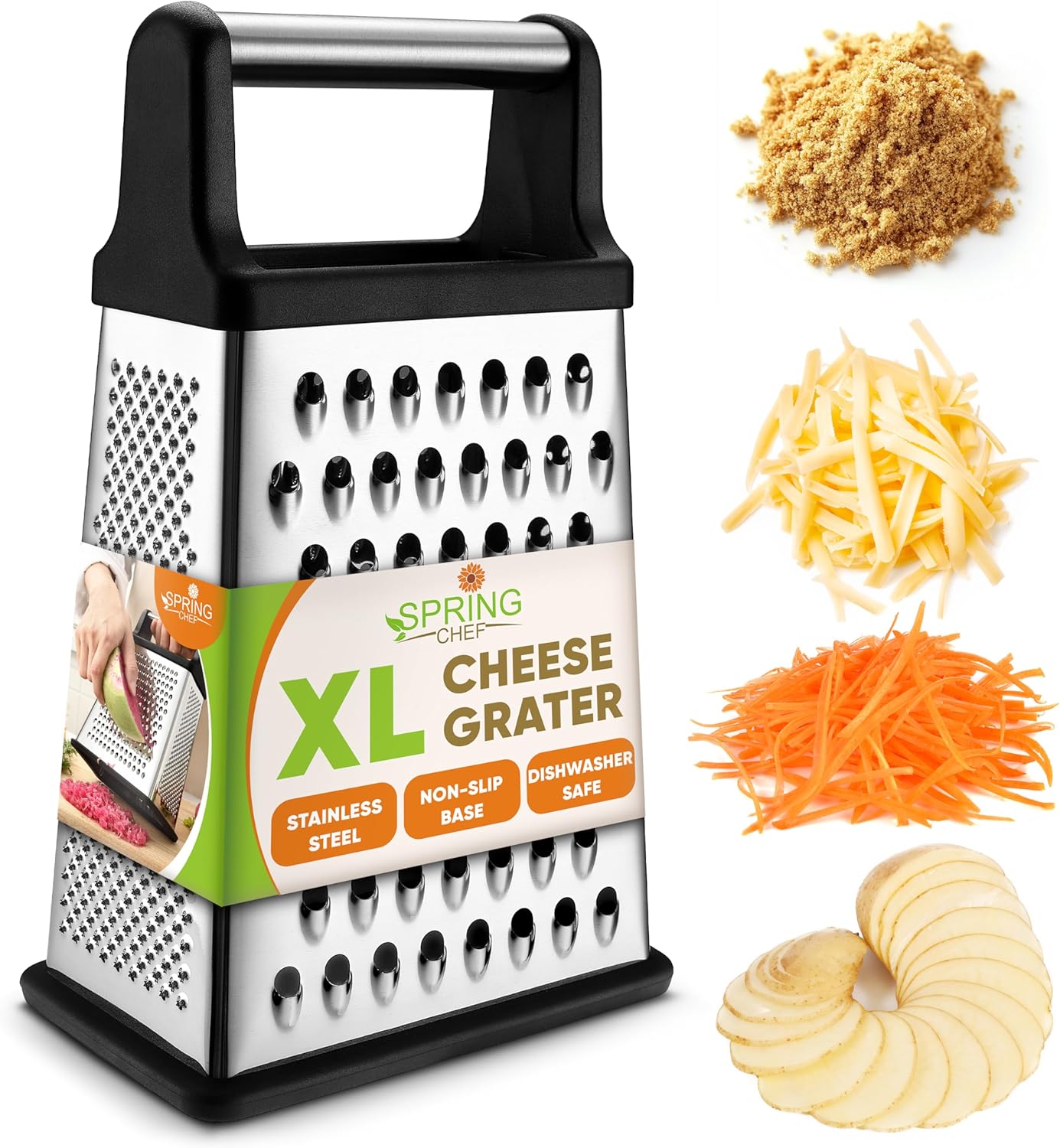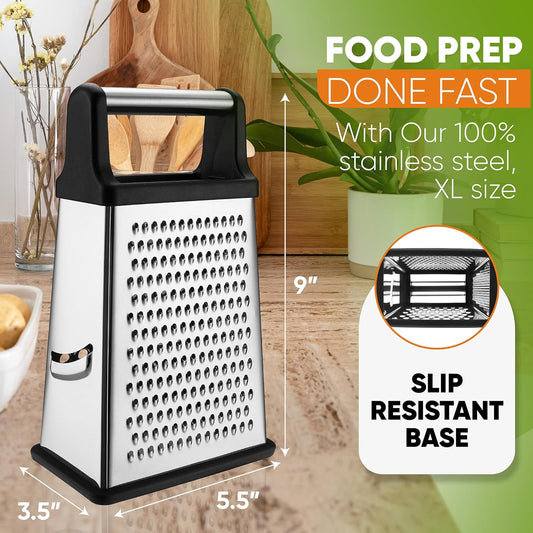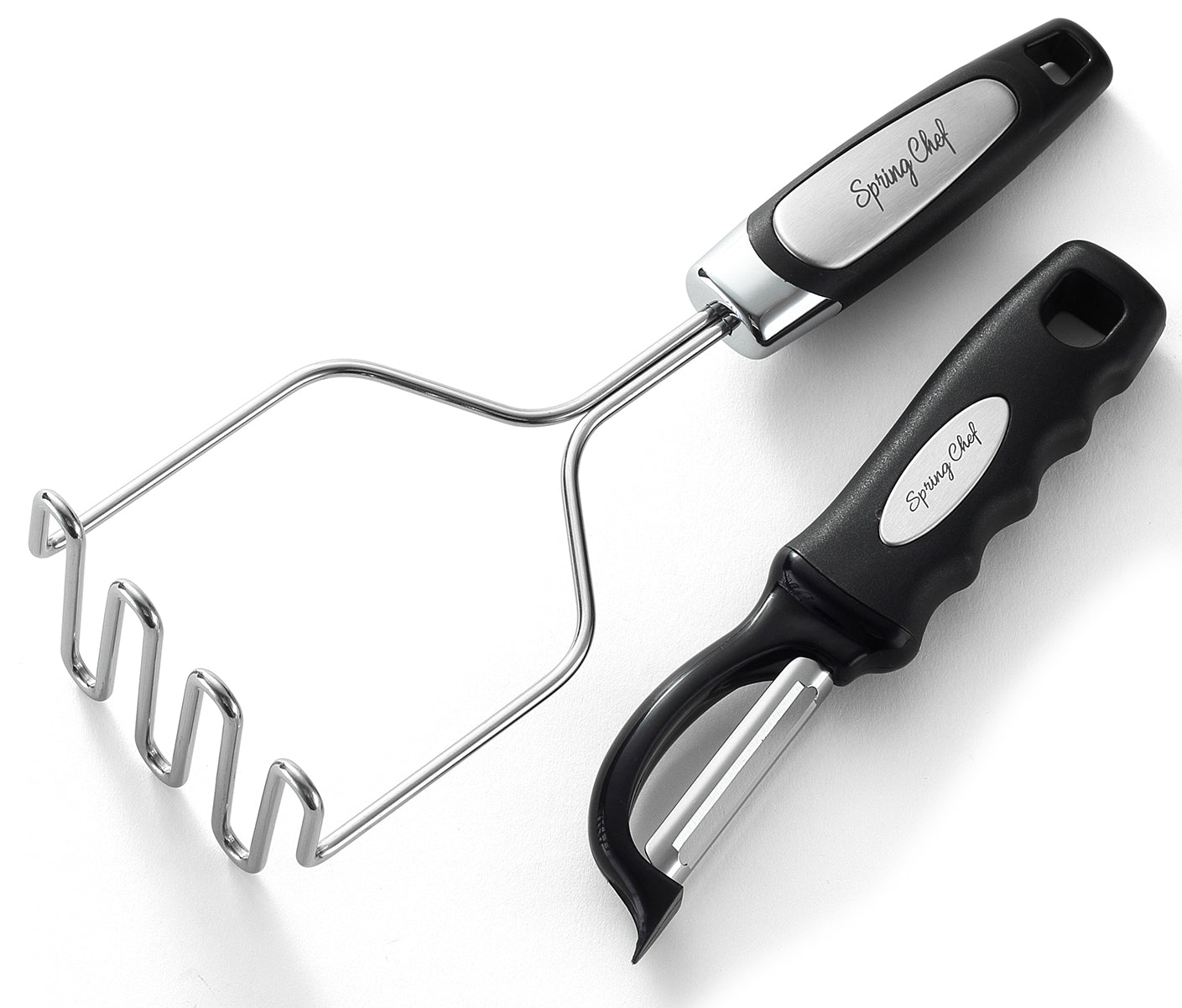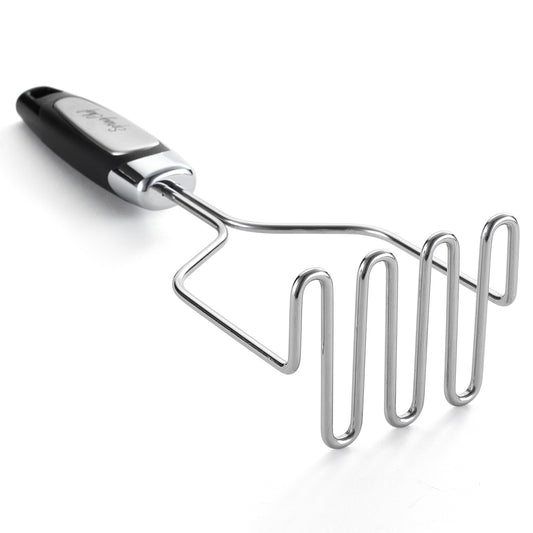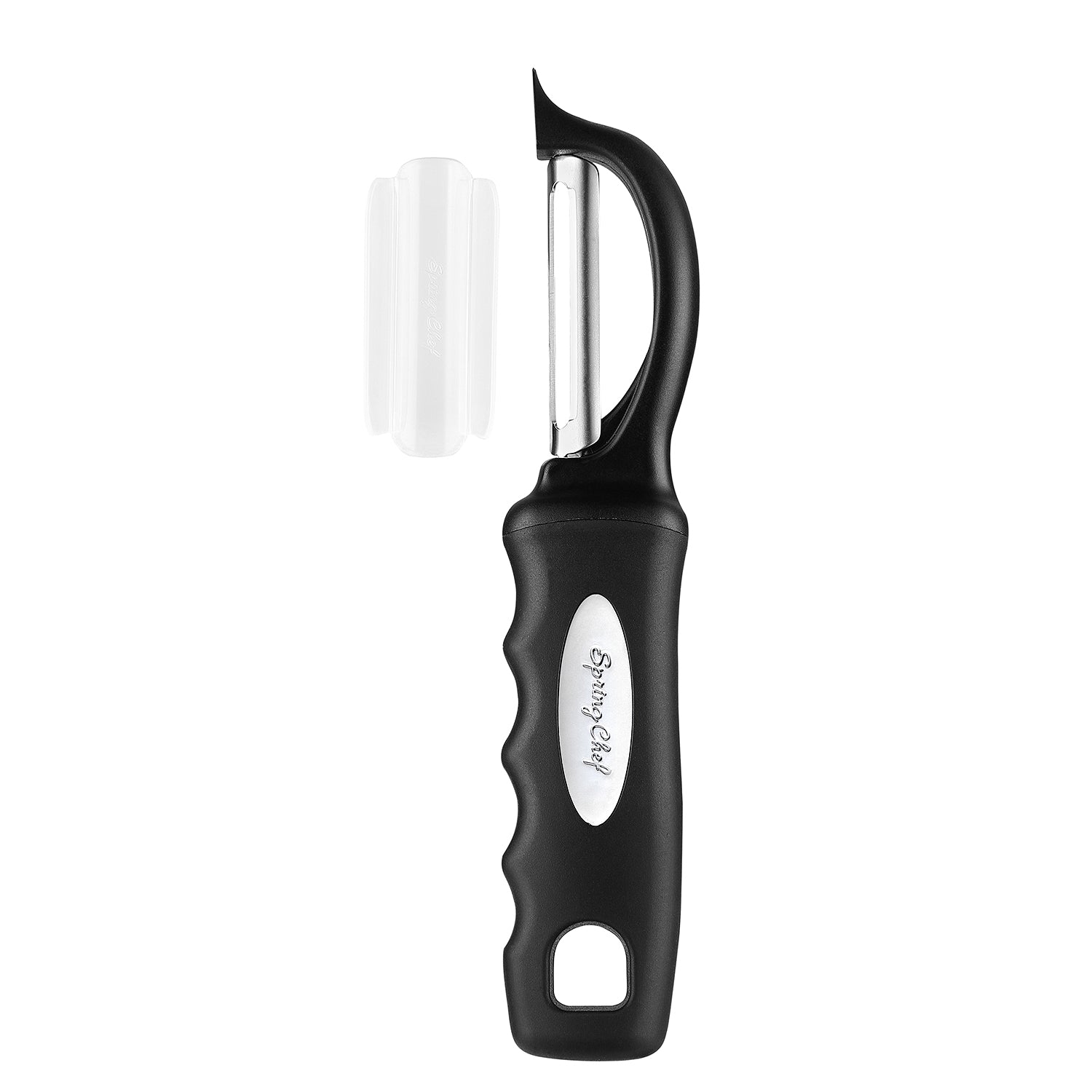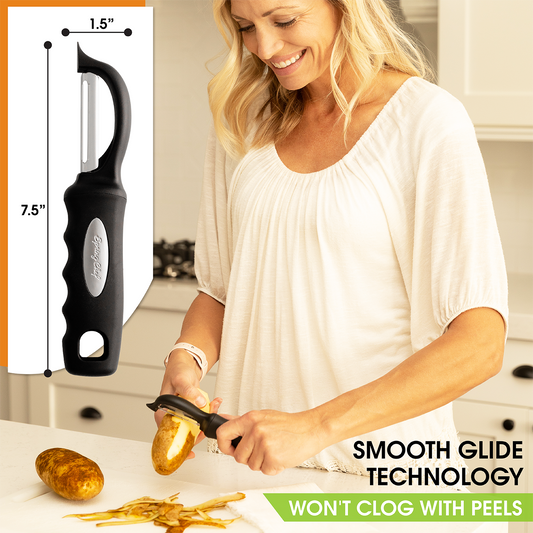
7 TIPS FOR BAKING SUCCESS
Are you new to baking? No doubt you’ll want to make a success out of your first experience in baking. The truth is: Baking can either be frustrating or fun. Below are seven (7) proven tips that could help you make the most out of your baking journey.
- Read the Recipe and Closely Follow the Instructions: Have you ever heard of the famous 80/20 rule? This equally applies to baking. Twenty (20%) percent of the time you spend in reading through the recipe will improve your output by eighty (80%) percent. Reading ahead will help you know the how, why, where, and when of what you’re about to do and in turn save you from wasting your ingredients, time, energy and money.
- Butter Consistency is Imperative: Butter and baking are inseparable. It is an indispensable ingredient in all baked food, so it is important to prepare it as the recipe recommends. Butter’s temperature can affect the texture of baked food. Basically, there are three (3) different consistencies when it comes to butter:
Softened butter: Room temperature butter
Chilled butter: Frozen butter. Butter that has been well-chilled in the refrigerator
Melted butter: Liquified or lukewarm (not hot) butter.
- Precision is Everything: Baking is more of a science than an art. In fact, to be precise, it is Organic Chemistry. Measure your ingredients properly before baking. Unlike cooking, baking is not very forgiving so you can’t get away with estimates. You need to measure the quantities precisely and methodically in order to get the desired result every time you bake. Learn and master measuring techniques. Get a small kitchen scale and weigh your ingredients for precise and accurate measurements.
- Proper Ingredient Mixing: This is one of the numerous areas where you start reaping the benefits of reading through your recipe before you start baking. Generally, your recipe will tell you exactly how to mix your ingredients, what order to follow, how long and until what point. Using the right tool can make a huge difference. When combing butter into flour or sugar, use a dough blender to properly incorporate the ingredients together – everything comes together much more quickly and easily than with a fork and knife. Also, be sure to mix dry ingredients into liquid ingredients slowly and just until combined. Ensure everything is properly and thoroughly mixed so that no lumps of anything remain.
- Use Fresh Ingredients: Ingredients don’t last forever. Remember to check their expiry date before using them. If your yeast is dead, your bread will not rise. The same goes for your baking soda and baking powder. If they’ve gone flat, you won’t get any CO2 bubbles to help your cake rise. So always ensure your ingredients are fresh, especially the leaving agents.
- Accurate Temperature is Important: Always ensure you follow the temperature precision stipulated in your recipe judiciously. If it calls for room temperature for any ingredients, follow suit. Speaking of temperature, it’s important to preheat the oven before you start baking unless your recipe states otherwise. Also, since all ovens are not the same, always make sure there is even heating - this might require rotating your pans to ensure even baking. You might also need to get an oven thermometer because most ovens’ temperatures are likely inaccurate. An inaccurate oven can ruin your baked foods and waste your time and resources. Accurate temperature is imperative.
- Remember the Salt: This is purposely placed at the end of the list because most people forget that not adding salt to a recipe can render it flavorless. Aside from adding flavor to baked food, salt also plays a key role in controlling yeast growth to prevent it from collapsing. So don’t leave out the salt.
Arguably, there are lots of tips that can contribute to a successful baking experience. Have you got one? Share your thoughts with us in the comments section.

